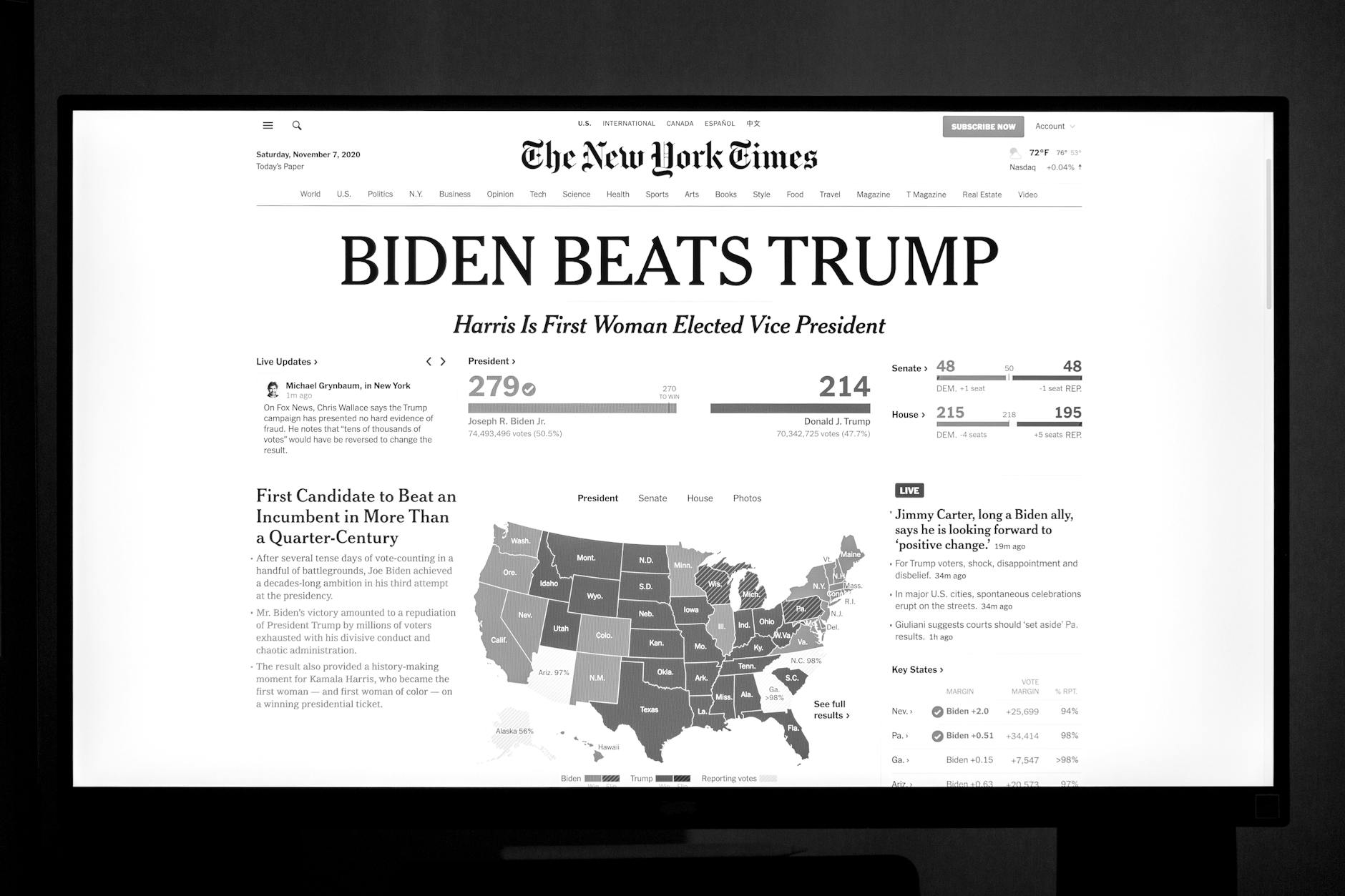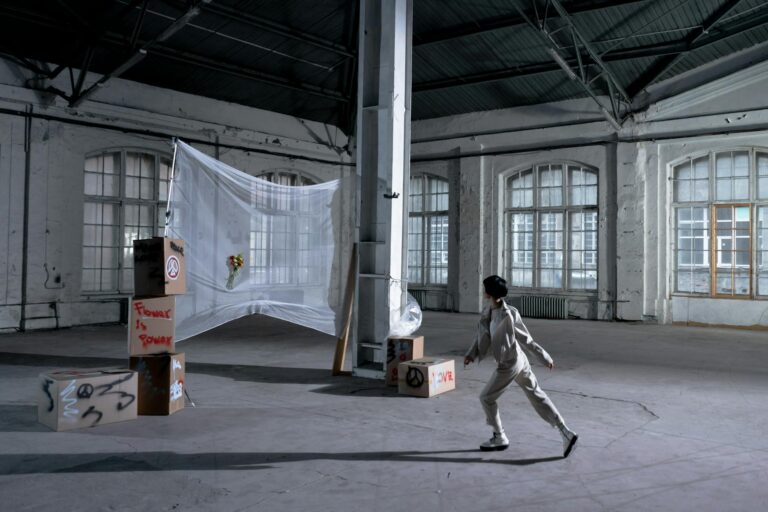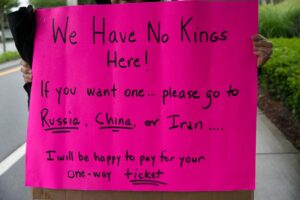Toy Maker Wins Trump Tariff Suit—But Here’s Why It Doesn’t Even Matter
So here’s the thing: a U.S. toy company actually beat Trump’s China tariffs in court. Big win, right? Well, not so fast. Rick Woldenberg, the CEO who led the charge, is now sitting in his Illinois office dismantling his entire China supply chain. His exact words? “No one’s going to save me.” And that pretty much sums up how trade wars really work—even when you win, you lose.
That Time They Beat Trump’s Tariffs (And Then Reality Hit)
How We Got Here
Remember 2018? The Trump administration slapped 25% tariffs on $370 billion of Chinese goods overnight—toys included. For companies like Woldenberg’s Learning Resources (they make those colorful math cubes for kids), profit margins basically vanished. Poof. Gone.
The Court Battle Nobody Saw Coming
Woldenberg joined 3,500 other companies suing the government. And get this—they actually won. The court ruled the tariffs weren’t properly justified. “A win for the little guys!” everyone cheered. But here’s the kicker: the victory lap lasted about as long as a Snapchat story. Because the real problems were just getting started.
Why “Winning” Changed Nothing
The Refund That Never Came
Here’s how it works in the real world: even after you win, good luck getting your money back. Tariff refunds are moving slower than a DMV line. Meanwhile, Woldenberg’s spending millions to move production out of China—retooling machines, training new workers, the whole nightmare. “You think it’s like changing a lightbulb?” he says. “Try rebuilding the whole damn house.”
It’s Not Just About Tariffs Anymore
Let me put it this way: even without tariffs, everything’s broken. Material costs up 18% since 2020. Competitors eating losses to undercut prices. And China? Forget about it—one COVID lockdown and your Christmas inventory’s stuck on a boat forever. Trade expert Linda Zhang puts it best: “The tariffs were just the first punch. The knockout came later.”
The China Exit Trap
Why Everyone’s Leaving (But Nobody’s Happy)
COVID was the final straw. Companies now do this “China-plus-one” thing—spreading factories across Vietnam, Mexico, anywhere but China. Sounds smart? Sure. Until you realize Vietnam’s power grid crashes every monsoon season, and Mexican wages are skyrocketing. Woldenberg’s lead times tripled to 90 days. So now he’s got warehouses full of plastic dinosaurs eating his cash flow. Irony’s a bitch.
The Human Cost They Don’t Talk About
Woldenberg gets quiet when mentioning last year’s layoffs. “Fifteen percent of our people—gone.” His voice cracks a little. “And here’s the truth: the government won’t save you. The courts didn’t save you. At the end of the day, it’s just you holding the bag.”
What This Means For The Rest Of Us
The New Rules Of Business
Supply chain guru Mark Cohen’s advice? “Assume every geopolitical crisis is permanent.” Translation: build war chests, have backup plans for your backup plans, and sue if you must—but don’t expect miracles.
Looking Ahead (Spoiler: It’s Not Pretty)
Biden kept most tariffs, threw a few exemptions to favored industries. Woldenberg’s outlook? “Assume tomorrow will suck worse than today.” Cheery, right? But after the past few years, who can blame him?
The Bottom Line
Here’s what no one tells you about trade wars: court victories don’t rebuild factories. They don’t un-fire employees. And they definitely don’t turn back time. Woldenberg’s story isn’t just about tariffs—it’s about surviving in a world where the rules change daily, the safety nets are gone, and sorry, but nobody’s coming to save you. Welcome to the new normal.
Source: WSJ – US Business










